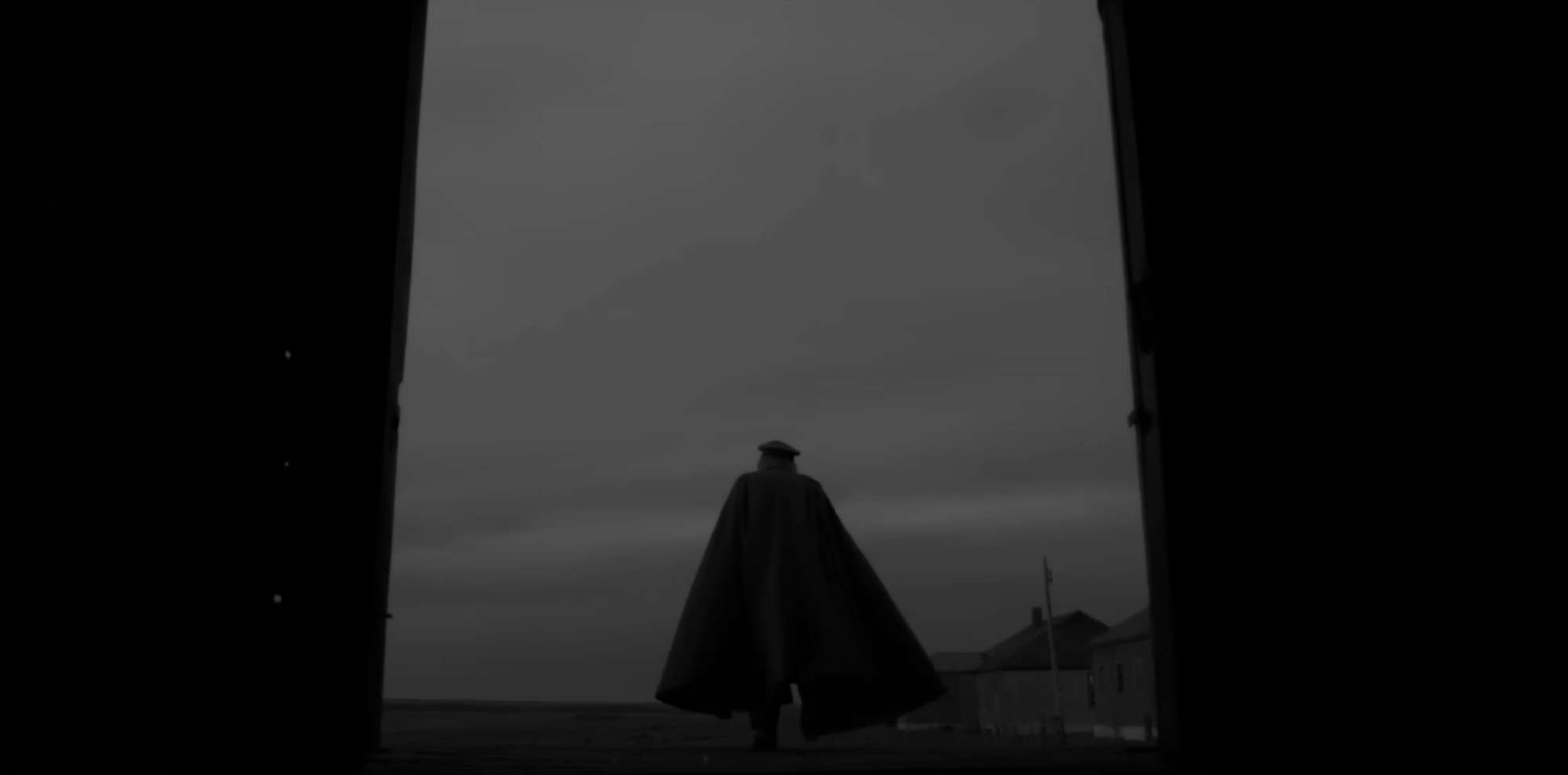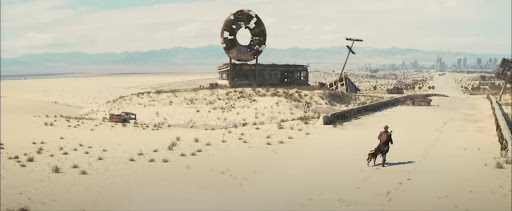
“El Conde” is the latest turn from filmmaker Pablo Larrain. The film, released on Netflix on Sept. 15, has garnered excitement due to the resounding praise it received out of Venice Film Festival, where it took home the award for best screenplay.
Completing Larrain’s trilogy of heavily fictionalized biopics with “Jackie” and “Spencer,” the film paves the way for this finale. In many ways “El Conde” feels like a spiritual successor to its two sister films, but also completely comes out of left field to deliver an all-new experience.
Instead of following a respected heroine of history like Jacqueline Kennedy or Princess Diana, our protagonist is Augusto Pinochet. An afterthought in recent memory, Pinochet is best known for his role as Chile’s militaristic dictator in the later parts of the 20th century. His reign of terror found over 3,000 people murdered by his administration and he bled the nation dry, embezzling millions of dollars.
Larrain — a Chilean man himself — expands on that terror by explaining the evil of Pinochet to be of supernatural causes, more of the blood-sucking variety to be exact. Yes, we follow a vampiric dictator in his twilight years. Our opinionated posh narrator explains that Pinochet has been around since the French Revolution, skulking about the shadows of the world and finding his “land without a king” in Chile when he takes power.
Pinochet’s ghastly abilities are then shown to the audience in an almost operatic and visceral showcase. In this sequence, Larrain’s thesis becomes clear and he isn’t subtle about it. He captures the hopelessness of Pinochet’s reign, with the oppression of the Chilean people at his hand being shown so vividly in this first act. We quite literally see him rip the hearts out of several innocents in a bloody display.
For the next hour, Larrain takes his time building the fascinating atmosphere surrounding this story but creates some tonal inconsistencies as he slows the pace down to a crawl. That atmosphere mirrors the vampire flicks of old; the black and white camera harkening back to “Nosferatu” among others. Using black and white instead of the colors seen in “Jackie” and the meditative lushness of “Spencer” makes for more eerie but still beautiful visuals.
This eerie feeling is offset by the dry wit of the script. The satirical elements become louder and louder as more characters in the Pinochet family are introduced. But the real standout comes from someone outside this guild. Carmen the exorcist banker, portrayed by Paula Luchsinger, is invited into the Pinochet home where she combats this revolting cast of characters in a cloud of hilarious, cynical snarkiness.
The insanity is dialed up as we get closer to the end of this story, with Larrain highlighting the corrupting power Pinochet literally and figuratively held in this world and the greed that set Chile back. The culmination explodes in epic proportions of flying heads, “delicious” blood and absolute power corrupting absolutely.
As the credits roll many will think “What did I just watch?” which Larrain certainly takes as a compliment. He embraces the absurdity of this film wholeheartedly while showing the heartlessness of one of history’s worst figures. It’s a film that is strange, sure, but clearly merits its purpose while still delivering a deeply creatively entertaining time.














